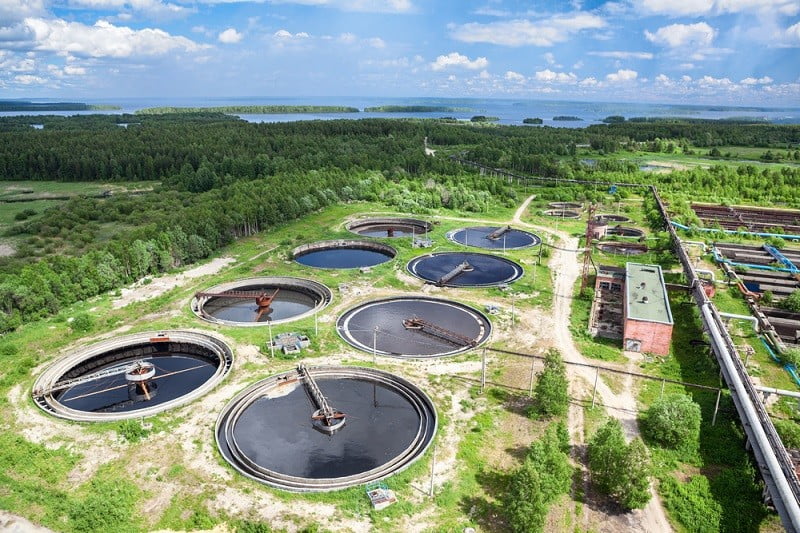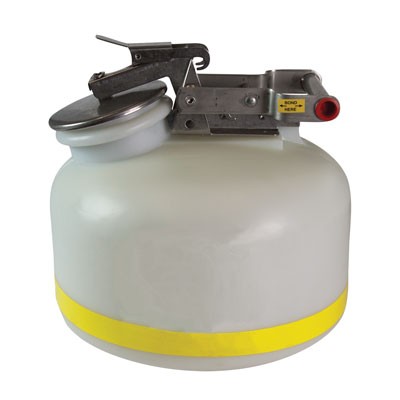Understanding the Comprehensive Refine of Liquid Waste Disposal: Best Practices and Environmental Impact Considerations
The administration of liquid waste disposal is a diverse concern that needs an extensive understanding of various best practices and their linked environmental impacts. From the kinds of liquid waste created to the techniques employed for collection, therapy, and final disposal, each action plays a vital function in protecting ecosystems and public health and wellness.
Types of Liquid Waste
Comprehending the various kinds of fluid waste is important for efficient administration and disposal practices. Liquid waste can be broadly classified right into several types, each requiring unique handling and treatment methods.
Industrial fluid waste usually includes unsafe products, consisting of hefty steels, solvents, and chemicals, created during making procedures. These wastes necessitate stringent governing conformity to shield human health and the environment. Residential liquid waste mainly describes wastewater produced from families, consisting of sewer and greywater, which, although much less harmful, can still present considerable risks if poorly handled.
Agricultural fluid waste, consisting of overflow from farms, commonly has plant foods and chemicals that can lead to environmental deterioration if not dealt with adequately. Medical liquid waste, generated from healthcare facilities, consists of contaminated fluids such as bodily fluids and chemicals, needing specialized disposal techniques to stop infection and ecological contamination.
Finally, oil and oil waste, commonly generated by dining establishments and vehicle sectors, can trigger serious blockages in sewage system systems if not managed effectively. Understanding these classifications promotes targeted approaches for therapy, compliance with policies, and efficient disposal techniques, eventually promoting environmental sustainability and public health and wellness security.

Collection Methods
Reliable collection approaches are critical for the appropriate administration of fluid waste, ensuring that it is collected safely and efficiently prior to treatment or disposal. Various strategies are utilized relying on the type of fluid waste generated, the quantity, and the particular characteristics of the waste.
One common method is using dedicated collection containers or sumps, which are developed to catch fluid waste at the source. These systems usually integrate pumps that facilitate the transfer of waste to bigger storage containers or therapy centers. Furthermore, mobile collection units outfitted with vacuum innovation are used in circumstances where waste is generated periodically or in hard-to-reach areas.
For industrial setups, closed-loop systems can efficiently decrease spills and leaks, enabling for the healing and reuse of fluid waste. It is also important to educate employees on appropriate collection methods to mitigate dangers linked with harmful substances.
Moreover, applying normal maintenance timetables for collection equipment guarantees ideal efficiency and safety. The assimilation of innovative surveillance systems can improve collection performance by providing real-time data on waste degrees and possible hazards. In general, efficient collection techniques are foundational to sustainable liquid waste administration methods.
Therapy Processes
Treatment processes play an important duty in the management of liquid waste, transforming potentially hazardous materials right into recyclable sources or risk-free effluents - liquid waste disposal. These processes can be extensively categorized into physical, chemical, and biological techniques, each tailored to deal with particular contaminants present in the waste stream
Physical therapy approaches, such as sedimentation and filtration, work by removing put on hold solids and particle issue. These strategies are frequently the very first step in the therapy chain, effectively decreasing the load on succeeding processes. Chemical therapies involve using reagents to reduce the effects of damaging materials, precipitate heavy steels, or oxidize natural pollutants, thus enhancing the safety of the effluent.
Organic treatment processes, consisting of activated sludge systems and anaerobic digestion, utilize on the natural capabilities of bacteria to degrade raw material. These techniques are particularly efficient for wastewater having biodegradable toxins. Advanced treatment innovations, such as membrane layer filtration and advanced oxidation processes, are significantly employed to accomplish greater levels of filtration.
Incorporating a combination of these treatment approaches not only makes sure conformity with regulatory requirements but likewise advertises ecological sustainability by recovering beneficial sources from fluid waste.
Disposal Options
How can organizations ensure the responsible and safe disposal of liquid waste? Reliable disposal options are vital for safeguarding public health and the atmosphere. The key methods consist of land treatment, disposal, and incineration complied with by discharge right into municipal wastewater systems.
Land disposal involves the careful containment of liquid waste in assigned land fills, ensuring that it does not seep right into surrounding dirt or water. Incineration, on the other hand, topics liquid waste to high temperatures, transforming it right into ash and gases, which need appropriate filtration to reduce discharges. This technique is appropriate for contaminateds materials that can not be treated through conventional means.
In cases where liquid waste can be treated, organizations might decide for organic or chemical therapy processes to reduce the effects of unsafe parts prior to releasing the treated effluent into municipal systems. This course generally aligns with regulatory needs, making sure that the effluent satisfies safety and security requirements.
Ultimately, companies need to carry out complete evaluations of each disposal option to establish its viability, taking into consideration variables such as waste structure, regulatory conformity, and prospective dangers to health and the setting. By selecting ideal disposal methods, services can contribute to a liable waste monitoring technique.
Ecological Effect
The environmental effect of fluid waste disposal is a critical consideration for organizations seeking to minimize their eco-friendly impact. Additionally, the discharge of untreated or inadequately dealt with waste right into surface waters can result in eutrophication, leading to oxygen exhaustion and the subsequent fatality of fish and various other microorganisms.

To alleviate these influences, companies have to take on finest methods such as executing extensive waste treatment processes, advertising recycling and reuse, and sticking to governing standards. By taking an aggressive strategy to fluid waste monitoring, entities can considerably reduce their ecological impact while supporting lasting development objectives. Eventually, an extensive understanding of the environmental effects connected with liquid garbage disposal is crucial for educated decision-making and liable stewardship of natural deposits.
Verdict
Efficient administration of fluid waste is important for protecting ecological stability and public health. By adopting ideal find out here practices in collection, disposal, and treatment, along with adherence to regulative requirements, the potential for unsafe contamination of ecological communities can be substantially reduced. Continuous advancements in innovation and procedures add to lasting waste monitoring efforts. Inevitably, an extensive understanding of fluid garbage disposal not only alleviates environmental impacts yet likewise cultivates a commitment to liable resource administration and ecological stewardship.
The administration of fluid waste disposal is a complex issue that requires a comprehensive understanding of different ideal techniques and their linked ecological influences. From the kinds of fluid waste generated to the methods utilized for collection, therapy, and last disposal, each action plays a crucial function in guarding communities and public health and wellness.The environmental effect of liquid waste disposal is an important consideration for companies looking for to decrease their eco-friendly impact. Ultimately, an extensive understanding of the environmental impacts linked with fluid waste disposal is crucial for informed decision-making and liable stewardship of all-natural sources.
Inevitably, an extensive understanding linked here of liquid waste disposal not only reduces environmental effects however also fosters a commitment to accountable resource management and environmental stewardship.